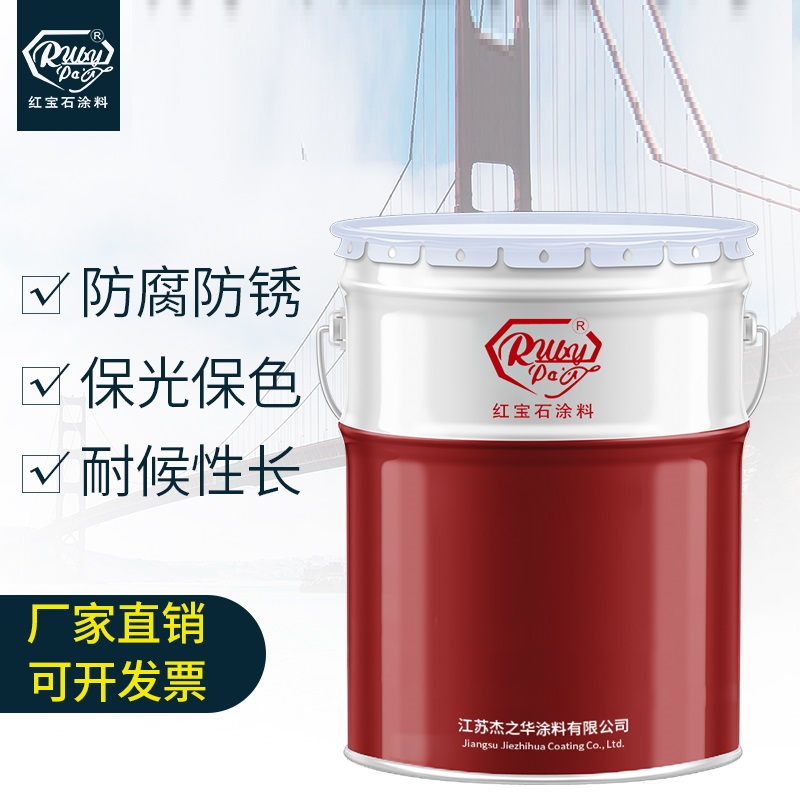Table of Contents
Understanding the Industrial Applications of Silicone Resin
Silicone resin, a high-performance material, has been gaining significant attention in various industrial sectors due to its unique properties. This versatile Polymer is a type of silicone material that is primarily composed of silicone, oxygen, carbon, and hydrogen. It is known for its excellent heat resistance, electrical insulation, and weatherability, making it a preferred choice for many industrial applications.
One of the most prominent uses of silicone resin is in the electronics industry. The exceptional electrical insulation properties of silicone resin make it an ideal material for electronic components and devices. It is used in the production of insulating varnishes, encapsulating materials, and potting compounds. These materials are used to protect electronic components from environmental factors such as moisture, dust, and heat, thereby enhancing their durability and performance.
In addition to its use in electronics, silicone resin is also widely used in the construction industry. Its excellent weatherability and resistance to ultraviolet (UV) radiation make it a preferred material for protective coatings. Silicone resin-based coatings are used to protect various building materials, including concrete, Stone, and metal, from weathering and degradation. These coatings not only enhance the durability of the materials but also improve their aesthetic appeal by providing a glossy finish.
The automotive industry is another sector where silicone resin has found extensive application. It is used in the production of high-temperature resistant coatings for engine components. These coatings protect the components from heat and corrosion, thereby enhancing their lifespan and performance. Silicone resin is also used in the production of sealants and adhesives used in various parts of a vehicle, including the engine, transmission, and body.
In the aerospace industry, silicone resin plays a crucial role due to its excellent heat resistance. It is used in the production of heat-resistant coatings for various aerospace components, including rocket nozzles and turbine Blades. These coatings protect the components from the extreme heat generated during flight, thereby enhancing their durability and performance.
The chemical industry also benefits from the unique properties of silicone resin. It is used in the production of various chemical-resistant coatings and linings. These coatings are used to protect various types of equipment and storage tanks from chemical corrosion, thereby enhancing their lifespan and performance.
In the field of optics, silicone resin is used in the production of optical fibers and Lenses. Its excellent transparency and refractive index make it an ideal material for these applications. Silicone resin-based optical fibers and lenses offer superior performance compared to those made from traditional materials.
In conclusion, silicone resin, with its unique properties, has found extensive application in various industrial sectors. Its excellent heat resistance, electrical insulation, and weatherability make it a preferred material for a wide range of applications, including electronics, construction, automotive, aerospace, chemical, and optics. As technology continues to advance, the demand for silicone resin is expected to increase, further expanding its role in various industries.
The Role of Silicone Resin in Modern Electronics Manufacturing
Silicone resin, a high-performance material, has become an integral part of modern electronics manufacturing. Its unique properties, such as high thermal stability, excellent electrical insulation, and resistance to weathering, make it an ideal choice for various applications in the electronics industry.
Silicone resin is a type of silicone material that is primarily composed of silicon atoms and oxygen atoms. It is characterized by its three-dimensional network structure, which gives it its distinctive properties. The structure of silicone resin is such that it can withstand high temperatures and resist degradation from environmental factors. This makes it an excellent material for use in electronic devices that are exposed to harsh conditions or that generate a lot of heat.
One of the primary roles of silicone resin in electronics manufacturing is as an encapsulant. Encapsulants are materials that are used to protect electronic components from environmental factors such as moisture, dust, and heat. Silicone resin, with its high thermal stability and excellent electrical insulation properties, is an ideal encapsulant. It can protect delicate electronic components from damage, thereby extending the lifespan of the device.

| Nr. | Product Name |
| 1 | Fluoracarbon middle paint |
In addition to its role as an encapsulant, silicone resin is also used as a coating material in electronics manufacturing. Coatings are used to protect the surface of electronic devices from damage and to enhance their performance. Silicone resin coatings are known for their excellent adhesion, high gloss, and resistance to weathering. They can protect electronic devices from scratches, impacts, and other forms of physical damage. Moreover, they can also enhance the aesthetic appeal of the devices by giving them a glossy, high-quality finish.
Silicone resin also plays a crucial role in the manufacturing of printed circuit Boards (PCBs). PCBs are the backbone of most electronic devices, providing a platform for the mounting of various electronic components. Silicone resin is used in the production of PCBs due to its excellent electrical insulation properties. It can prevent electrical Shorts and other forms of electrical interference, thereby ensuring the smooth operation of the electronic device.
Furthermore, silicone resin is used in the production of thermal interface materials (TIMs). TIMs are materials that are used to enhance the thermal conductivity of electronic devices. They are used to fill the gap between the heat-generating component and the heat sink, thereby improving the heat dissipation of the device. Silicone resin, with its high thermal stability, is an ideal material for the production of TIMs.
In conclusion, silicone resin plays a vital role in modern electronics manufacturing. Its unique properties make it an ideal material for various applications, including encapsulation, coating, PCB production, and TIM production. As the electronics industry continues to evolve and grow, the demand for high-performance materials like silicone resin is expected to increase. Therefore, it is safe to say that silicone resin will continue to play a crucial role in the electronics industry in the foreseeable future.

